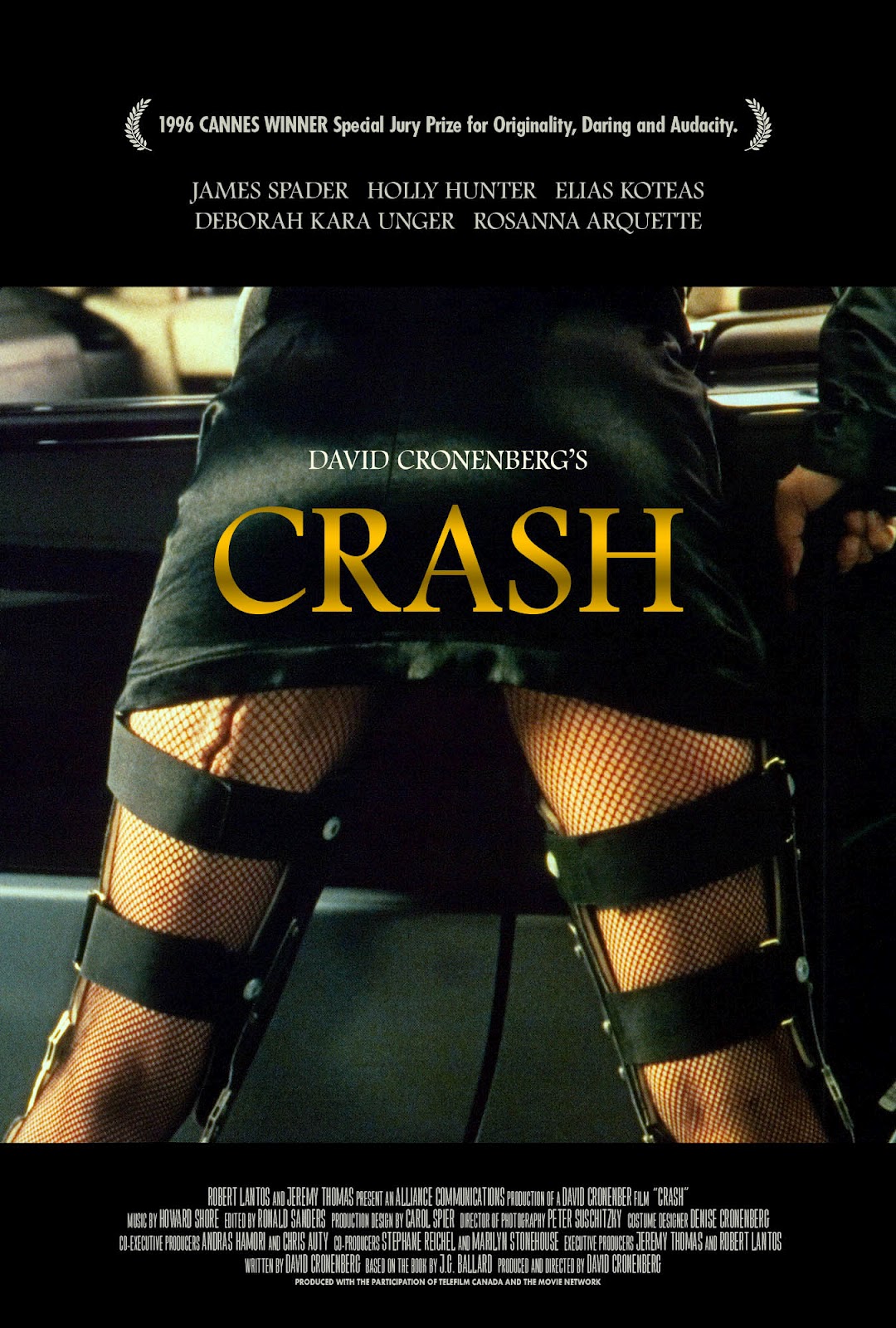The Final Problem Review
I know, I said this wouldn’t be up for Monday. But then my weekend plans got spoiled by a stomach bug and I ended up home and watching Sherlock anyway. So it’s entirely possible that I’ve got a sour mood to match my stomach. Nevertheless, what a complete and utter disappointment this season of Sherlock has been.
The crux of the problem is one that plenty of franchises have fallen afoul of, which is thinking that you can introduce a character like Eurus and have her matter to the audience purely on the mythic weight of who she is instead of having to develop her. But it doesn’t work. She’s a distressingly one-note character whose characterization consists entirely of Mycroft asserting things about her. More to the point, her supposed powers are all bizarrely undersold: we’re told that she can effectively enslave someone by talking to them, but nothing about her comes off as particularly persuasive or charismatic. Mostly she sits around talking like a Markov bot fed on mediocre nihilist philosophy. And this is a real problem – the episode depends on her being the unholy fusion of Sherlock and Hannibal, but instead she’s just a generic megalomaniac. Which makes the resolution of her just needing a hug painfully unearned.
Making this worse is the way in which the episode is haunted by Moriarty. It’s not that it would have been better to actually bring him back, but having him popping up on video screens for dramatic effect and to have been the secret co-architect of all of this only serves to highlight how much weaker Eurus is as a villain. I’m not sure even Magnussen could have been effective with Andrew Scott popping up all over his episode, but Eurus doesn’t stand a chance, and the overall effect is to constantly remind the audience of a time when the show hadn’t used up its best ideas yet.
It’s not that there aren’t good bits. The relatively bottle-episode nature of it such that the majority of it is just Sherlock, John, and Mycroft is good, and all of them get some lovely character moments throughout. Mycroft, in particular, shines, getting a wealth of small emotional moments of the sort that he hadn’t really had before in the series. But John’s incredibly well-used as well, even if I don’t entirely buy him backing down from shooting the warden. And of course Molly’s scene was incredible.
But none of that masks the fact that this is just The Great Game done over with the melodrama pushed past the breaking point. The reveals just don’t work. The big one – that Redbeard was actually a person that we’ve never met before and aren’t particularly invested in – is a complete flop. We’ve already seen five people get murdered this episode. Finding out some kid from Sherlock’s past got killed instead of his dog doesn’t carry any particular weight. If anything, it was easier to be upset when it was a dog, which at least felt like a fairly fleshed out dog.…

 This is the final part of ‘Faeces on Trump’… which now seems a peculiarly poor title for this series… all the worse for being so nearly right. Still, I daresay I shall have more to say about Trump and related issues in the years to come (if I’m spared). But this first line of thought draws to a close. This post is, as a result, a kind of ‘summing up’. (God, I sound pompous, don’t I?) Further thoughts, or lines of thought, will have to stand alone from now on – and so I’ll be able to retitle for more relevance when I arrogantly shit them all over the internet, as if my opinion matters. But anyway, this is the last squirt of diarrhea from the bellyache that Trump’s victory gave me. Further dyspepsia will doubtless cause more and different effluvia to rain down upon you, because clearly I can’t help myself. (And you’re not even paying me!) Watch this space, you poor doomed motherfuckers.
This is the final part of ‘Faeces on Trump’… which now seems a peculiarly poor title for this series… all the worse for being so nearly right. Still, I daresay I shall have more to say about Trump and related issues in the years to come (if I’m spared). But this first line of thought draws to a close. This post is, as a result, a kind of ‘summing up’. (God, I sound pompous, don’t I?) Further thoughts, or lines of thought, will have to stand alone from now on – and so I’ll be able to retitle for more relevance when I arrogantly shit them all over the internet, as if my opinion matters. But anyway, this is the last squirt of diarrhea from the bellyache that Trump’s victory gave me. Further dyspepsia will doubtless cause more and different effluvia to rain down upon you, because clearly I can’t help myself. (And you’re not even paying me!) Watch this space, you poor doomed motherfuckers. Patriarchy is built on epic time. Learned male history requires exhaustive documentation of political kingdoms and dynastic successions. The Chosen Warrior-Hero God-King must come of age, become anointed, take a throne and lead his people to victory in battle before retiring and passing his crown on to the next generation. Rise, fall and rise. In our language, we call this canon, and the canon of the aristocratic literate patriarchy stands in stark contrast to the cyclical deep time of the feminine and feminine understanding. This is, in fact, the true first war in the world, and its battle scars have played out across the visage of our ideaspace since the start of all time.
Patriarchy is built on epic time. Learned male history requires exhaustive documentation of political kingdoms and dynastic successions. The Chosen Warrior-Hero God-King must come of age, become anointed, take a throne and lead his people to victory in battle before retiring and passing his crown on to the next generation. Rise, fall and rise. In our language, we call this canon, and the canon of the aristocratic literate patriarchy stands in stark contrast to the cyclical deep time of the feminine and feminine understanding. This is, in fact, the true first war in the world, and its battle scars have played out across the visage of our ideaspace since the start of all time. Wandering in open country is naturally depressing
Wandering in open country is naturally depressing Dedicated, with all awareness of the impudence and absurdity of doing so, but also with sincere love and respect, to the memory of John Berger.
Dedicated, with all awareness of the impudence and absurdity of doing so, but also with sincere love and respect, to the memory of John Berger. I don’t think any of the characters on the cover here actually appear in the issue. Certainly not that lady Romulan Commander: Davoros is male, I think.
I don’t think any of the characters on the cover here actually appear in the issue. Certainly not that lady Romulan Commander: Davoros is male, I think. a fixed spatial field entails establishing bases and calculating directions of penetration
a fixed spatial field entails establishing bases and calculating directions of penetration